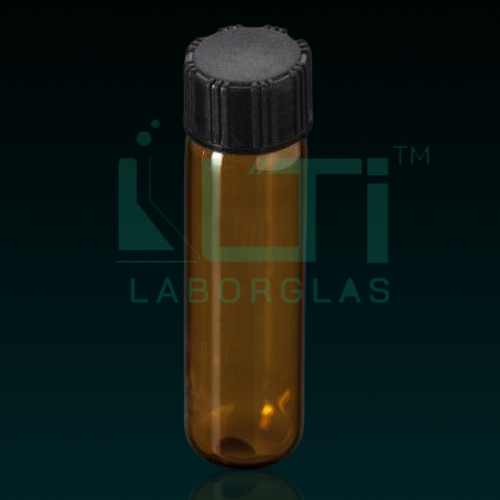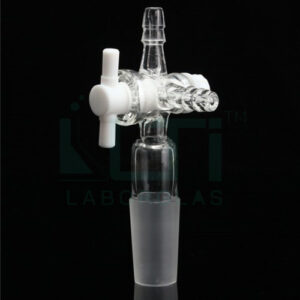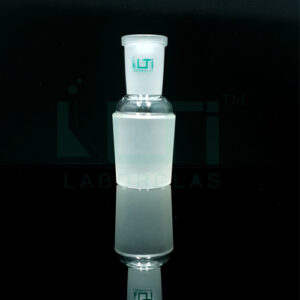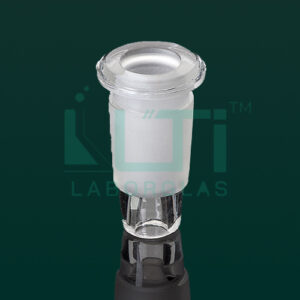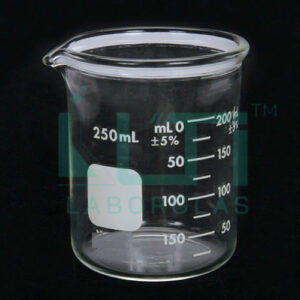• The uniform Amber color is highly durable and chemical resistance
• Leak proof
• Comes with PP Screw Cap & PTFE Liner
| PART No. | Capacity (ml) | O.D. x Length (mm) | PACK Qty. |
| 7370-5 | 5 | 16 x 75 | 100 |
| 7370-10 | 10 | 16 x 125 | 100 |
| 7370-30 | 30 | 25 x 100 | 100 |
| 7370-60 | 60 | 25 x 200 | 100 |
Here are common uses and features of tubes with amber culture media and round bottoms:
- Protection Against Light: The amber color of the tubes provides protection against light, particularly ultraviolet (UV) and visible light. This is important when working with light-sensitive substances such as certain chemicals, drugs, or biological samples.
- Cell Culture: Amber culture tubes with round bottoms are often used in cell culture applications, providing a suitable environment for the growth and maintenance of cells. The round bottom design allows for even cell distribution in the liquid medium.
- Media Storage: These tubes are used for the preparation and storage of culture media, including agar, broth, or other liquid media used in microbiology and cell culture experiments.
- Chemical Storage: Amber tubes are suitable for storing light-sensitive chemicals or reagents. The round bottom design facilitates efficient mixing and handling of the stored substances.
- Sample Protection: When working with sensitive samples, such as pharmaceutical compounds or biological materials, the amber color helps protect the integrity of the samples by reducing the effects of light exposure.
- Photobiological Experiments: In experiments where exposure to light may affect the biological activity of the samples, amber culture tubes are employed to minimize light interference.
- Incubation: The tubes are suitable for incubation purposes, providing a controlled environment for the growth of microorganisms or cells.
- Centrifugation: The round bottom design allows for efficient pellet formation during centrifugation, which is important in various laboratory procedures.
- Leak-Proof Design: Some tubes may have a leak-proof design, preventing spills and contamination. This feature is valuable when working with valuable or hazardous samples.
- Serological Testing: The tubes are commonly used in serological testing where blood serum or other samples need to be processed and analyzed.
- Biological Sample Storage: Amber tubes are suitable for the storage of biological samples, tissues, and cells that may be sensitive to light.
- Environmental Monitoring: In environmental monitoring studies, these tubes may be used for the collection and storage of samples from the environment.

